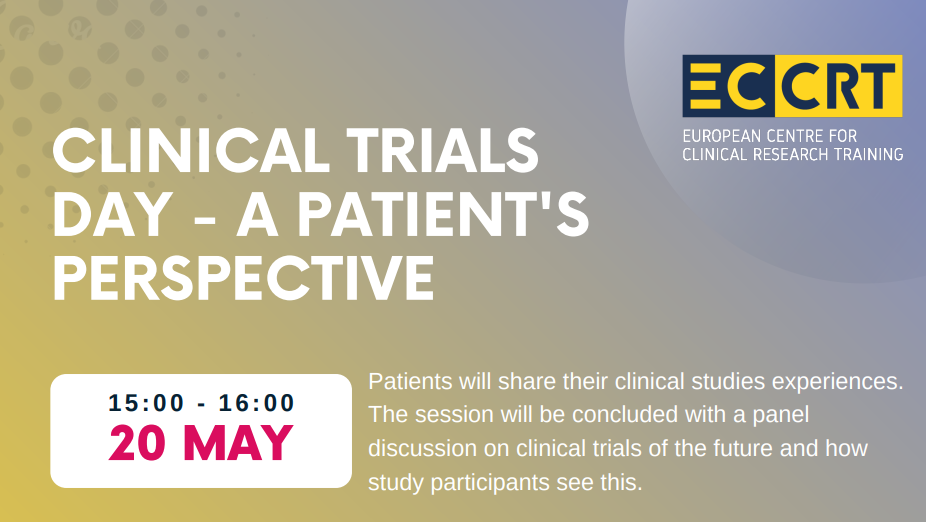
Contents
Clinical Trials Day Friday, 20 May 2022
It is International Clinical Trials Day this Friday - the European Centre for Clinical Research Training has organised a free webinar on 20 May on International Clinical Trials Day. During this free online session, patients will share their journey in a clinical...
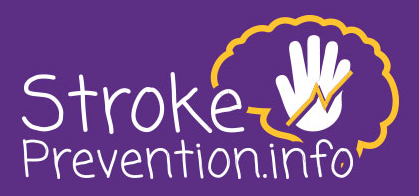
1 in 5 Europeans have high blood pressure
On European Stroke Awareness Day (Tuesday 10 May) we raise awareness of one of 10 key modifiable risk factors of stroke – high blood pressure. According to recent statistics from Eurostat (European Commission research), 1 in 5 Europeans have high blood pressure. The...
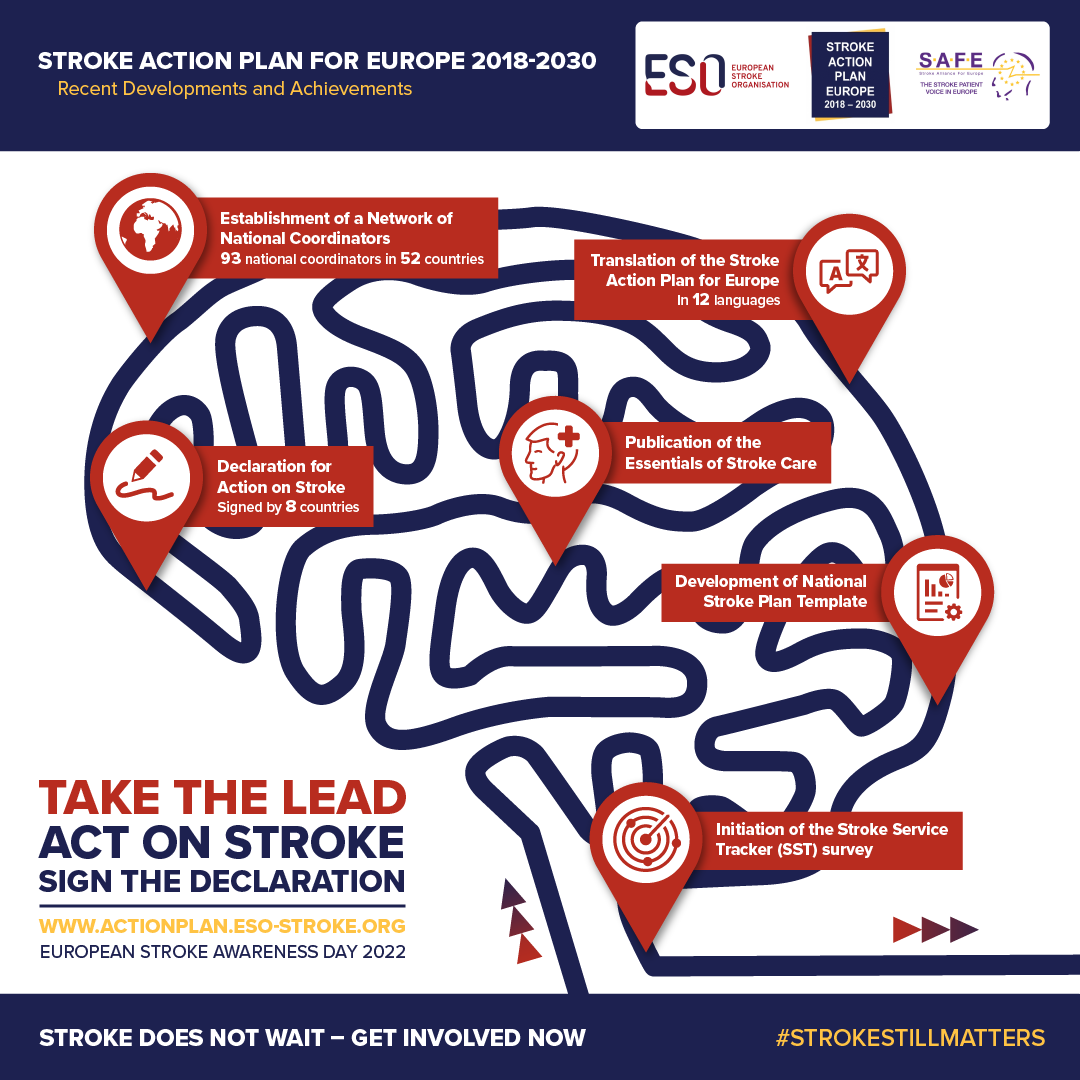
Celebrating successes of the Stroke Action Plan for Europe on Europe Stroke Awareness Day
On European Stroke Awareness Day, we highlight the critical work of the Stroke Action Plan for Europe (SAP-E) and the achievements to date, bringing us closer to improving stroke care across Europe Arlene Wilkie, SAFE Director General and SAP-E implementation Co-Chair...
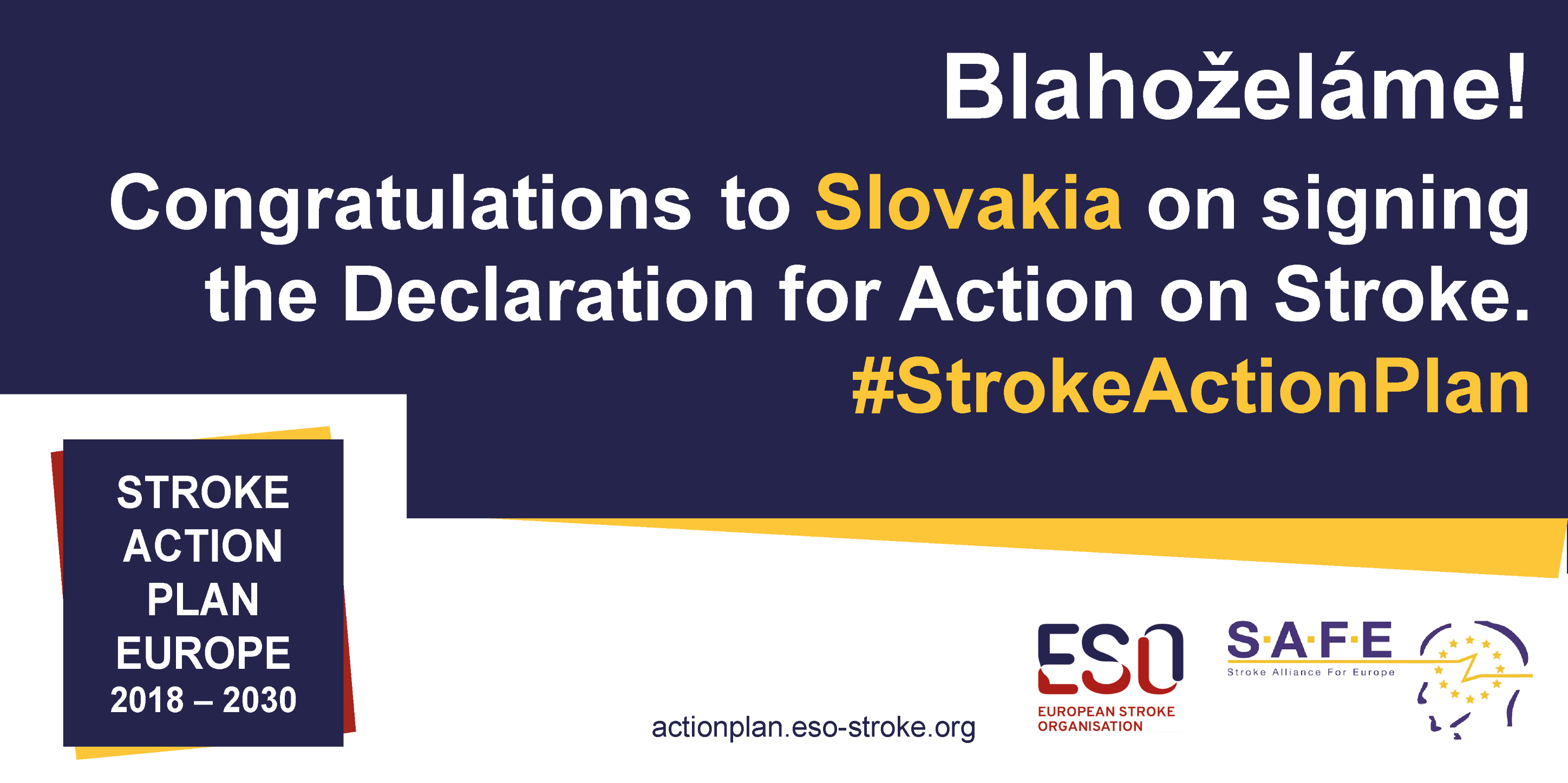
Slovakia signs the Stroke Action Plan for Europe Declaration
We congratulate the Slovakian Stroke Action Plan for Europe National Coordinators for the signing of the Declaration by the Slovakian Ministry of Health. They join Ukraine, Lithuania, Portugal, Catalonia, Bulgaria, Kosovo and Croatia. Each Declaration signed is an...
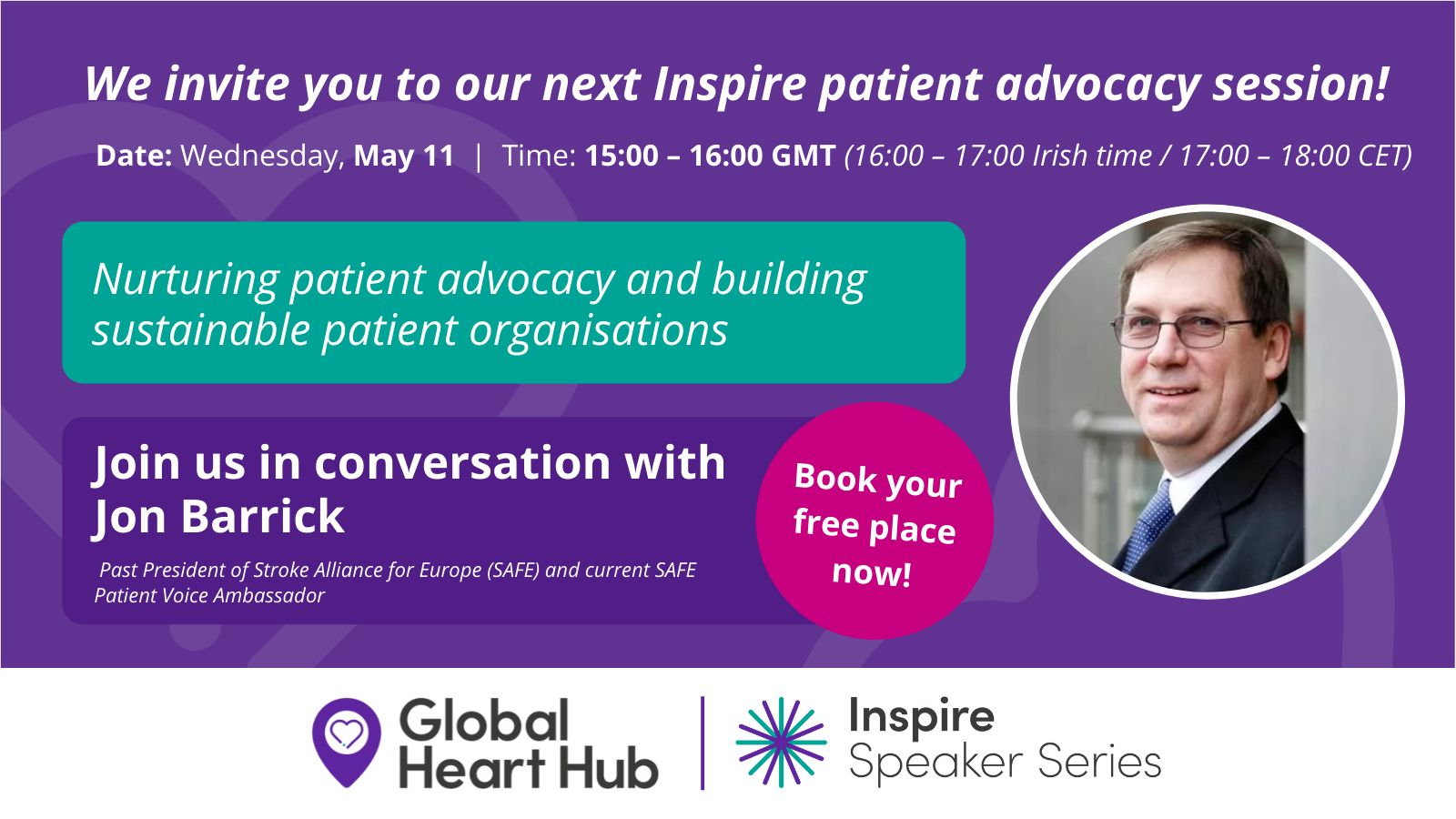
Book your place on the next Inspire Patient Advocacy Event
Interested in individual patient advocacy, starting an organisation or enhancing an already successful patient group? If so, you will find something of value at the next Global Heart Hub patient advocacy session on Wednesday 11 May at 17.00 - 18.00 CET. Jon Barrick,...




